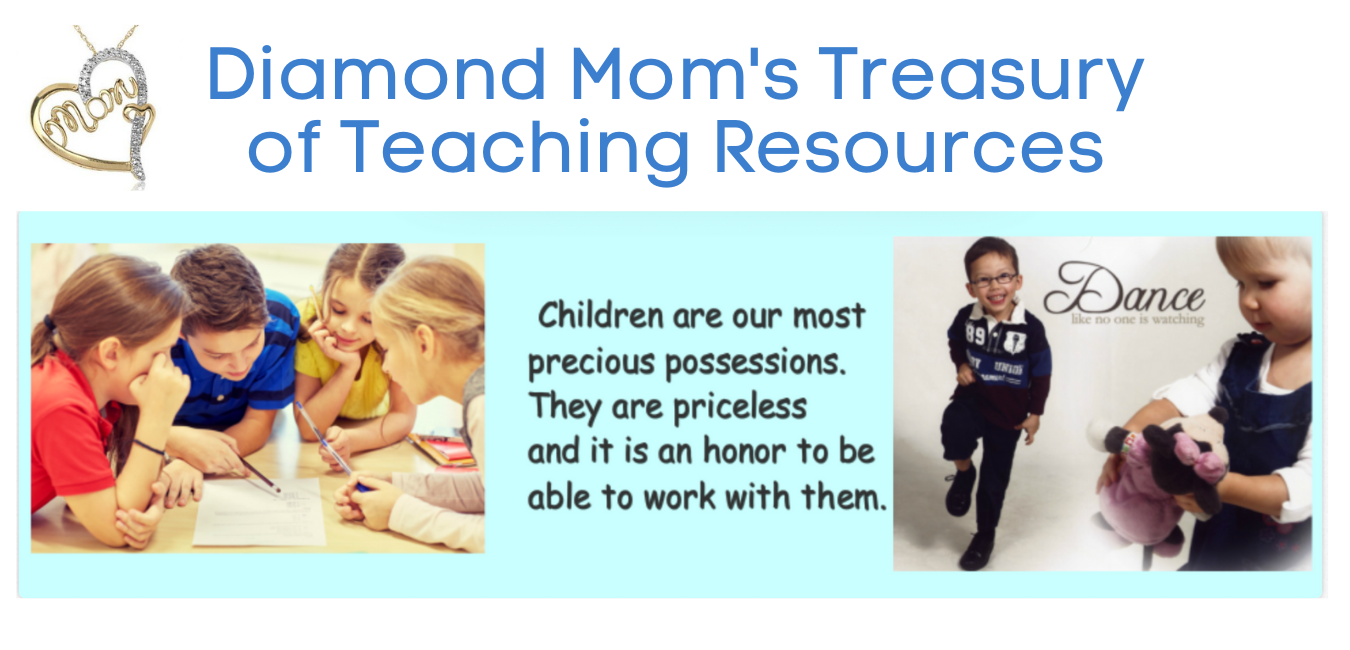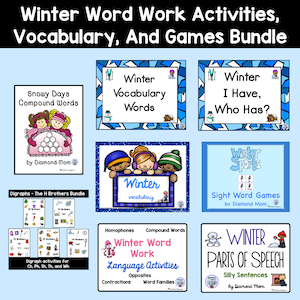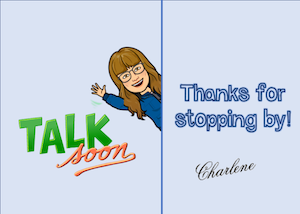|
Are you finding it more challenging to teach your kids language skills these last couple of years? Have you noticed larger ranges of abilities in your classrooms? How are you coping with this? I recently had a conversation with a teacher friend who has just retired from teaching Kindergarten and Reading Recovery. She still does some subbing and she has a Grade 2 class once a week this term, but she is no longer teaching full-time. We were discussing how different it is to teach in today's classroom with the amount of differentiation needed and with the number of kids who have trouble self-regulating. Different approaches are needed in order to reach as many kids as possible. Can we reach all of them successfully? Our hope is yes, but it may be difficult. It will require using every tool in our toolkit to do so. Unfortunately, not all teachers have a lot of tools to work with, especially those who are just starting out. This is a time when collaboration and colleague support is very important. With time and experience, more tools are added to the toolkit and there are more options to try out. Experienced teachers can share ideas and techniques that have worked well for them, and newer teachers can share new program ideas with the experienced teachers. Piloting new ideas and programs will give everyone a chance to see how they work and then add new tools to their toolbox. Sometimes fresh ideas can enhance what already works. It requires an open mind and lifelong learning to find out what tools will work best for you and your teaching style. Some older methods may not work well anymore and they may need updating. New is not always the best, either. With time, methods and teaching ideas have come and gone and sometimes resurfaced again. We refer to it as the pendulum swinging. If you've been teaching long enough you will have already experienced some of this. Don't be afraid to try out some ideas that have worked in the past. The saying "Don't throw out the baby with the bath water" applies here. Over the years programs and methods have come and gone. I learned long ago that there were some ideas that could be kept from these resources and repurposed in a way that works with teaching now. You may say that my style became eclectic during my teaching career. It's important to use the tools that work well for you. Don't try to fit everything in just because it's there. You will end up overwhelmed and finding that nothing works well. Teachers have different personalities and styles of teaching. You need to find what is right for you. Take some risks and try some new things, but don't try to be someone you are not. Kids need to see the real you and feel like they can connect with that person. Kids learn at different speeds and in different ways. The more ways you can share ideas and concepts with them, the more likely you are to reach them all. Don't give up on those who take longer to grasp ideas, but find ways to keep the others learning without holding them back. Easier said than done, especially now that the ranges in classrooms is even bigger. Extra support from others is gratefully received and really needed. I still volunteer at my former school, so I see this range in the classrooms and I see how exhausted teachers are getting trying to differentiate for the various levels. I know of a few other retired teacher friends who help out in classrooms or with tutoring as well. We may have retired from full time teaching, but we still enjoying working with kids. Volunteering helps us stay connected and helps other teachers to better meet the needs of their students. I currently work with kids that are in late primary who are still struggling with basic phonic skills and I also work with a group of grade 1 students that can read at a late grade 2 level already. Early on, the grade 2/3 teachers asked me to take small groups of kids to work on basic phonics activities. This also included some phonemic activities as some of them still struggle with letter/sound recognition. I also did some leveled reading with others to see if they were able to read and comprehend simple text. The grade 1 teacher was feeling like a small group of kids were being held back because of the needs of the rest of the class, so instead of giving me students that need help with phonemic skills, she asked me to take them and do more enrichment type activities with them. In the intermediate grades, several students were struggling with basic fact skills and number sense. I began working with them as well. I will share more about this another time. Another benefit of using retired teachers, is they often have some resources or ideas that they can use so the teacher doesn't have to do lots of extra prep work. Because I create my own resources, I have access to many different activities that can be used to supplement what is happening in the classroom. I also still have resources that I purchased over the years that come in handy in these small group situations. Not everyone has their own little stash of resources on hand, so teachers may need to provide materials for them. Keeping a kit of resources for situations like this may take some time, but it will be there for using over and over again in the future. Here is a sampler kit that might be helpful as a start. Winter resource for your toolboxI just put together a bundle of language activities that focus on some word work, word families, digraphs, and parts of speech. I am currently creating another bundle that will be more focused on phonics and phonemic awareness. It will be out soon. If you are interested in checking out the different resources for my winter word work bundle, click the image below and you will be able to check out the previews for the various resources. I hope you find what you need for your toolkit and that you have a successful year with your students.
Remember: You are unique and you need to be true to yourself. Let the best you shine through. Comments are closed.
|
About Me Charlene Sequeira
I am a wife, mother of 4, grandmother of 9, and a retired primary and music teacher. I love working with kids and continue to volunteer at school and teach ukulele. Categories
All
|















 RSS Feed
RSS Feed